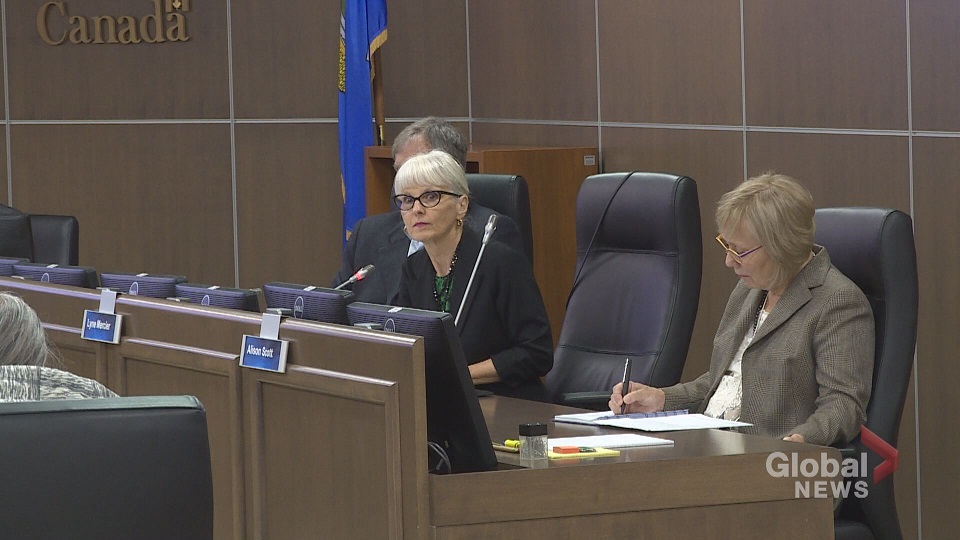Home » World News »
Peter Watts: First ministers conference reveals the state of Confederation
The first ministers conference was held Friday in Montreal and brought together the prime minister and the premiers of each of the 13 provinces and territories.
Whether anything was accomplished — or whether there was any consensus on anything that was discussed — depends upon who you ask, but it’s clear this 141-year-old federation has a few dents in its framework.
Related
‘Canada willfully holds Alberta’s economy hostage’: Rachel Notley
Rachel Notley says she is giving federal government time to get Trans Mountain problem fixed
 Canadian premiers head to Montreal for tough meeting with Justin Trudeau
Canadian premiers head to Montreal for tough meeting with Justin Trudeau
Andrew Scheer accuses Justin Trudeau of ‘phasing out’ energy sector
Alberta produces a product the world would like to buy — the problem is that it’s becoming more and more difficult to get that product to buyers. British Columbia is standing in the way of moving more product to the west coast. It is leading a coalition of environmentalists and a few First Nations groups and using the courts to try and stop the Trans Mountain pipeline expansion.
Last week, the government of Premier John Horgan brought in a new plan to focus on a green economy, though he is not shy about doing everything possible to stimulate the exploitation and movement of natural gas, which B.C. has in abundance.
Any thought that western oil could be exported to thirsty refineries in Quebec and New Brunswick has been cut off by the new premier of Quebec. François Legault met Friday morning with New Brunswick’s new premier, Blaine Higgs, who would like to see imported oil coming to a refinery in Saint John replaced by Canadian product.
Legault shot down that idea, saying he and most other Quebecers do not support an Energy East pipeline project. Apparently, though, he has no objection to a half-million barrels of oil a day moving up and down the St. Lawrence River.
As for the federal government, the prime minister has paid lip service to the problem. He’s able to use the National Energy Board’s review of marine rules on shipping — together with a court-ordered review of First Nations concerns about Trans Mountain — to postpone a decision on a project that would seem to meet all the requirements for being in the best interest of the country.
In addition, Bill C-69, a piece of legislation that would redefine requirements for resource sector projects on social and environmental issues, and Bill C-48, which would ban tanker traffic out of Prince Rupert, B.C., are currently before parliament. Both have drawn the ire of Alberta.
Add in the argument about the carbon tax, the debate over immigration and who pays for it and inter-provincial trade barriers that seem to be beyond the capacity of current leaders to solve, and it’s a wonder that the word “consensus” would even be used in a conference communique.
The year 2019 is set to bring with it a provincial election in Alberta as well as a national election. Perhaps some of the voices around the table will change in the coming months — whether or not the messages will change remains to be seen.
A Financial Post column by Lawrence Solomon published last Friday raised the question of what would happen if Alberta’s frustration with oil issues led to a separatist movement in the province. I don’t think that’s the answer, and my colleague, Roy Green, tells me he gets lots of emails from his audience across the country suggesting that there is considerable support among ordinary Canadians for Alberta’s position.
Perhaps, then, it is in ordinary Canadians that we should place our trust for the future of Confederation. If those voices could be raised in a chorus of consensus, our leaders might have no choice but to pay attention.
I am not hopeful. I believe the song that chorus could sing has yet to be written, but the current cast of songwriters doesn’t inspire confidence. In the words of Saskatchewan Premier Scott Moe: “Do we still have a country?”
View link »
Source: Read Full Article






